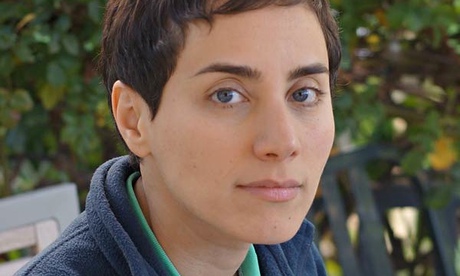Maryam Mirzakhani has become the first woman to win the Fields Medal, the most prestigious prize in mathematics. Mirzakhani, 37, is of Iranian descent and completed her PhD at Harvard in 2004. Her thesis showed how to compute the Weil-Petersson volumes of moduli spaces of bordered Riemann surfaces. Her research interests include Teichmüller theory, hyperbolic geometry, ergodic theory, and symplectic geometry. She is currently professor of mathematics at Stanford University, and predominantly works on geometric structures on surfaces and their deformations.
What are some of your earliest memories of mathematics?
As a kid, I dreamt of becoming a writer. My most exciting pastime was reading novels; in fact, I would read anything I could find. I never thought I would pursue mathematics until my last year in high school. I grew up in a family with three siblings. My parents were always very supportive and encouraging. It was important for them that we have meaningful and satisfying professions, but they didn't care as much about success and achievement. Read more...



/https%3A%2F%2Fprofilepics.canalblog.com%2Fprofilepics%2F1%2F0%2F1076071.jpg)